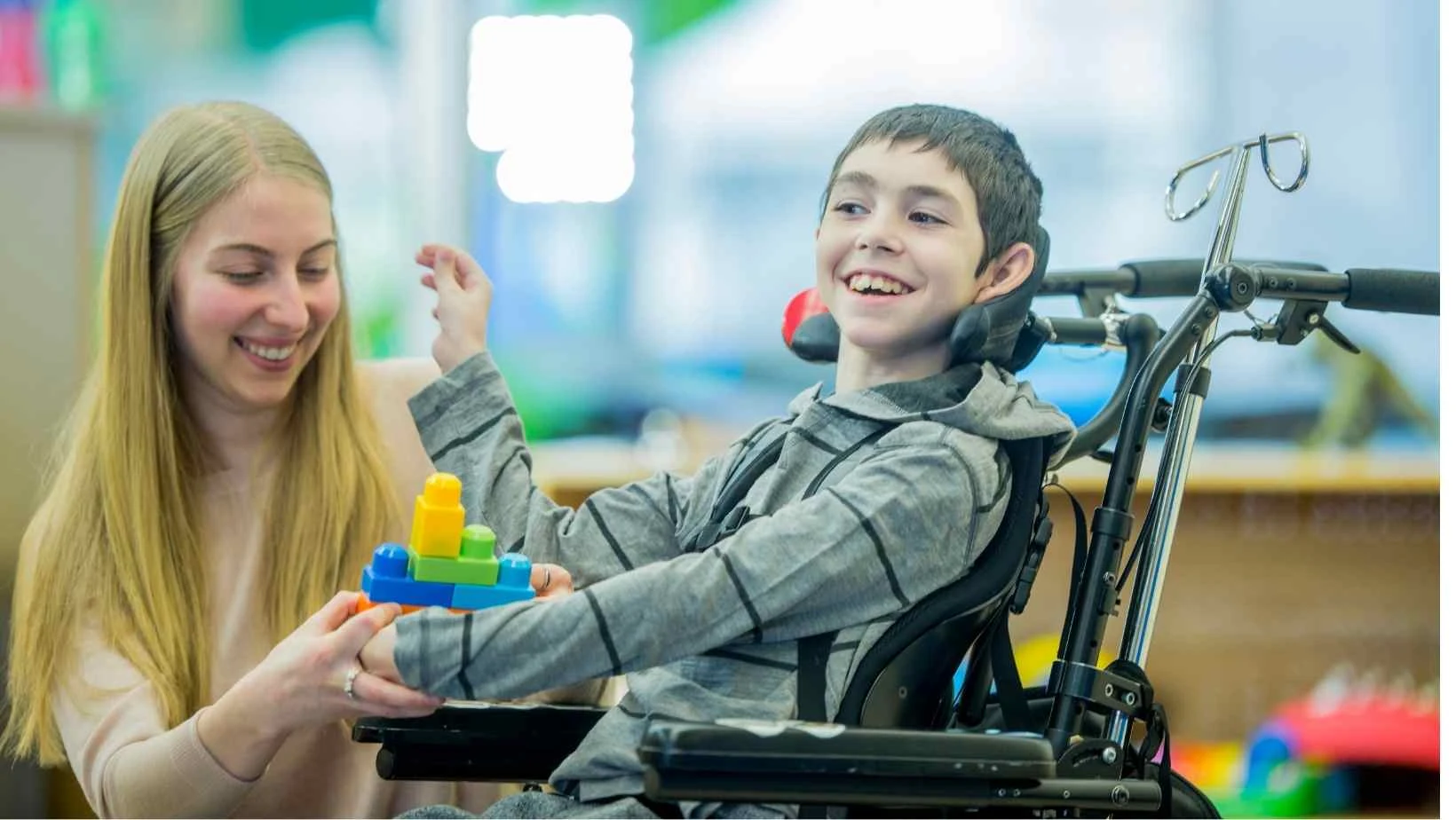Collaborative post by another author. There is nothing more frightening to a parent than the idea that something could happen to their child, and it is particularly upsetting to imagine that something could go wrong during childbirth or pregnancy to cause this. One of the possible results of a major issue occurring during this period is cerebral palsy, which is estimated to affect 1 in 400 babies born in the UK alone. It is a condition that covers a number of different disorders, including those which affect the child’s muscle tone, movement, or posture. It is caused by damage to the child’s brain, which most often occurs before birth but sometimes during or shortly afterwards. Here are some of the signs and symptoms to be aware of in children that have cerebral palsy.
Delays In Development
Some of the symptoms of cerebral palsy are obvious earlier than others and it sometimes isn't diagnosed until they are a toddler. For example, you may notice that your child is not growing at the rate you would expect and is unusually small for their age. You may notice that they are not crawling or sitting up when you would expect them to. Learning difficulties and intellectual disabilities are common symptoms of cerebral palsy.
Difficulty Eating And Speaking
One of the most common symptoms of cerebral palsy is that the child in question will struggle with speech and have difficulty eating. Speech development may be delayed as a result of the injury to their brain, and sucking and chewing may prove to be just as difficult as eating. Excessive drooling is a warning sign that you should look out for if you think that your child may be suffering from cerebral palsy, as is difficulty swallowing, but don't confuse this with the dribbling commonly experienced by teething babies. If you think that your child may have developed this issue due to medical negligence or malpractice during birth, then you must seek medical care first. Then, you can contact a solicitor with experience of birth injury claims. Lanyon Bowdler’s team of experienced lawyers can help you to secure compensation that will help your child to get the care and development assistance they need.
Struggling With Co-Ordination And Movement
There are many different specific ways in which cerebral palsy can affect movement and coordination in a baby or young child. The most common, however, is seen when the reflexes are exaggerated, and the muscles are stiff. You may notice rigidity (the reflexes are normal, but the muscles are stiff), ataxia (when there is a lack of muscle co-ordination or balance), or tremors. Your child may noticeably prefer one side of their body when they are crawling or reaching, or they may exhibit difficulty walking. They may struggle with things like buttoning up their clothes, picking up fiddly objects, and other tasks that require fine motor skills. If you have noticed any of these symptoms, it may not necessarily mean that they have cerebral palsy. However, it is always a good idea to talk to a doctor about any concerns that you have regarding your child’s development.



.jpg)

.jpg)

.jpg)
.jpg)










No comments
Thanks for your comment (unless it's spam in which case, why?)